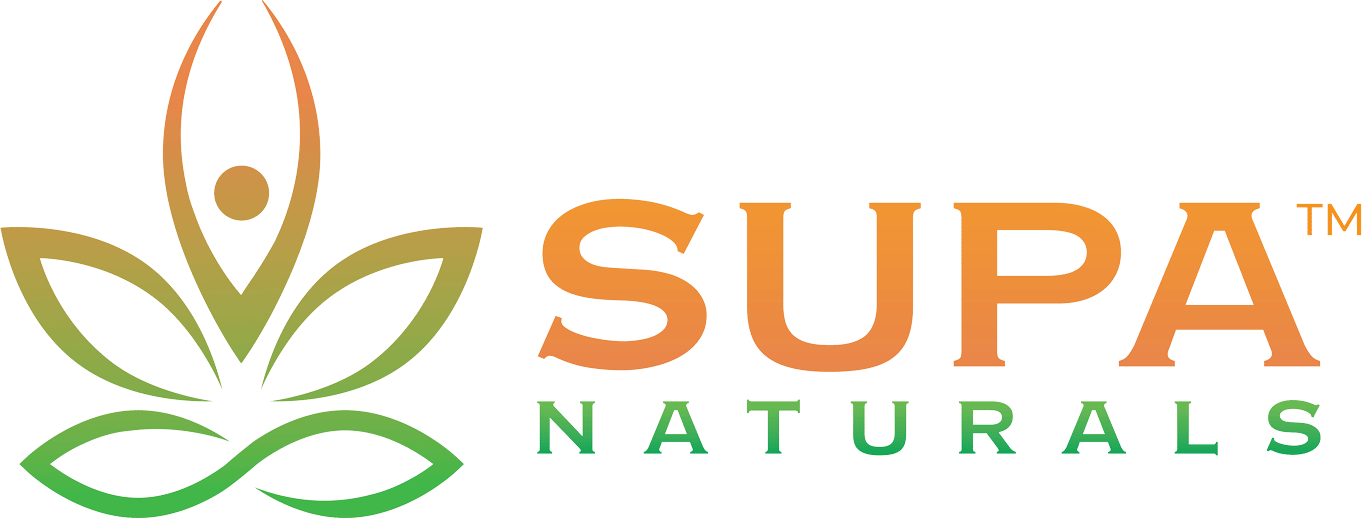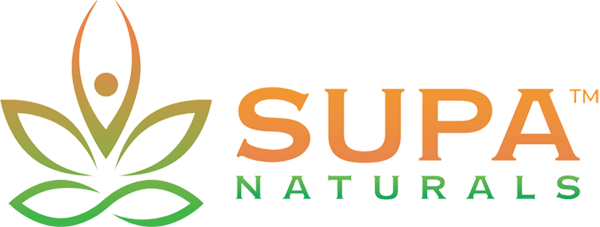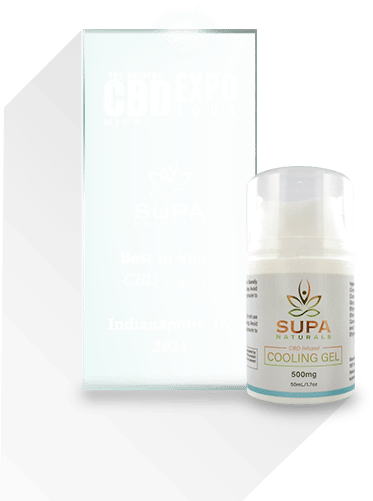Can CBD Help with PTSD? Research, Side Effects, and More
CBD has been touted by some for its potential ability to address many ills. Because the drug is so new to the market (it was legalized only in late 2018 and the Food & Drug Administration has yet to issue regulations on the compound), there is a great deal of debate, confusion and uncertainty about its uses and benefits.
To be clear, there needs to be more research into the subject. However, one of the areas in which CBD may be able to be beneficial is for the treatment of PTSD, or Post Traumatic Stress Disorder. Here’s a look at that topic.
What Is PTSD?
Post Traumatic Stress Disorder occurs in the aftermath of a traumatic experience, like war, an accident or a sexual assault. It is marked by repeatedly reliving a traumatic incident, sleep disturbances, depression, emotional distress and more. Trauma is, unfortunately, a relatively frequent part of life, and PTSD is all too common, with as many as 10% of all people suffering from PTSD.
How Would CBD Help Reduce the Symptoms PTSD?
Even in the best-case scenario, CBD cannot “remove” PTSD . However, there is evidence to suggest that it may be able to reduce some of its symptoms.
CBD works by altering the interactions of your body’s naturally occurring Endocannabinoid System. Your Endocannabinoid System, or ECS, consists of your body’s cannabinoids and cannabinoid receptors. CBD alters this interaction, making the connection between your cannabinoids and receptors stronger and longer.
What Does The Research Say?
According to a 2018 review on PTSD and CBD, it is possible that CBD may be able to assist in removing negative memories and experiences, as well as stop the “reconsolidation” of these memories. Since reexperiencing negative experiences is at the core of PTSD, this could be significantly beneficial for individuals who suffer from PTSD. A smaller study in 2019 tested CBD in 11 adults with PTSD and did find that there was a reduction in PTSD symptoms among those who took CBD.
As you can imagine, using CBD for PTSD has interest among a subset of individuals who are, unfortunately, highly likely to experience PTSD: Veterans. In February 2019, the Veterans Administration announced a $1.3 million study involving CBD for PTSD. Specifically, the study would test if CBD could be combined with exposure therapy for better results. The study would examine 136 veterans and CBD’s impact on them. Other veterans-related articles have noted the potential for CBD to be used for PTSD, including examining the specific chemical pathways by which CBD may be able to reduce PTSD symptoms.
However, support for CBD and PTSD is far from unanimous. In February 2019 – the same time that the VA announced their study – the American Psychiatric Association took a formal position opposing the use of cannabis for PTSD. They specifically noted that there had been no “high quality, randomized, controlled studies” which looked at whether or not any cannabinoid product – including CBD – could positively impact PTSD. The type of studies described here are widely regarded as the “gold standard” of scientific research. As such, a lack of studies of this type are indicative of a the need for more high quality research.
It is important to note that, at the moment, CBD is not an approved drug for PTSD. Indeed, there is only one CBD-based approved drug, Epidiolex, which is used to treat two rare seizure disorders in children, and companies have been ordered to stop making medical claims about the CBD. This is why so many articles (including this one!) shy away from making any definitive medical claims about CBD.
This is not to say that CBD has no medical benefits, and there are studies which clearly show its potential. It is to say, however, that the benefits have not been conclusively established by existing science and research. Numerous questions about CBD remain, including long-term effects, ideal strains and appropriate therapeutic dosages.
What Are The Side Effects of CBD Use?
CBD is widely regarded as being safe and well-tolerated by most people. However, that is not to say that it is side-effect free. The more commonly occurring side effects of CBD include fatigue, nausea, upset stomach and irritability.
Fortunately, there are numerous ways to combat these effects. First of all, start with a low CBD dose, and gradually increase the dose until you start to feel a positive impact (or side effects which become problematic). Studies show that humans can absorb relatively high amounts of CBD (up to 1500mg) for many weeks and then stop without feeling negative side effects; as such, overdosing at these levels does not appear to be possible.
Additionally, if you have never used CBD before, you can help mitigate problems of side effects by starting CBD in a controlled environment. In other words, take CBD in an area where you know you ca always lie down, go to sleep, use the bathroom, etc. This way, if you do have any problems associated with CBD use, you’ll have access to potential remedies.
Final Thoughts
Regardless of whether or not you chose to use CBD to address PTSD, two things are absolutely clear. First, do not use CBD without talking to a medical professional first. There are negative interactions with CBD and certain medication and illnesses, and you should always speak with a doctor before starting any new substance which may affect you. Second, if you are seeing a psychiatrist or psychologist, keep doing that. Continue to take any medication, as CBD is not a replacement for any medication.
However, from the research, it does appear possible that CBD may be beneficial for people who suffer from PTSD. Additional research is unquestionably needed before this claim can be made more definitively. If you are interested in trying CBD for PTSD, you should check out our 10mg Gummies or 25mg Soft Capsules.






